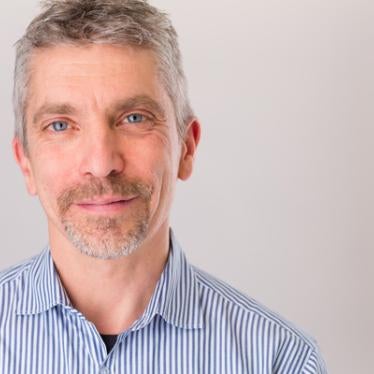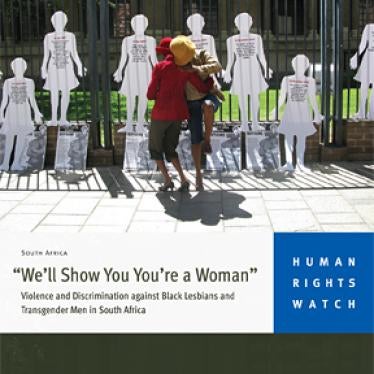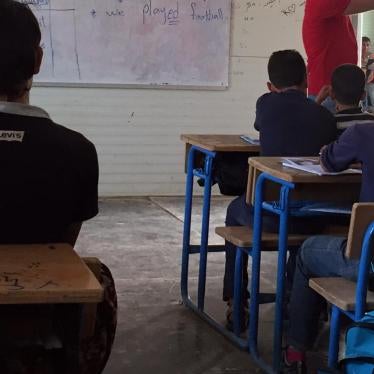United States Secretary of State Hillary Clinton delivered a simple but profound message in her United Nations speech in Geneva last week. Her message: human rights are indivisible and governments cannot selectively withhold rights.
“Because we are human, we therefore have rights. And because we have rights governments are bound to protect them,” she said. This statement is widely accepted and unremarkable — it goes largely without comment or contestation. What Clinton did in her speech is to insist on inclusivity, specifically on the humanity of lesbian, gay, bisexual and transgender (LGBT) people. This common humanity means human rights for LGBT people — equal to everyone else, no more and no less. “And that is why gay rights are human rights, and human rights are gay rights.” What is extraordinary is that this statement is not taken for granted. Indeed, it is hotly contested.
For too long LGBT rights have been placed outside the ambit of human rights. They are relegated instead to the terrain of morality or culture. The local variation of this argument is that homosexuality is unAfrican or unChristian. Another strand of rhetoric suggests that LGBT people are less than human. Robert Mugabe notoriously said that gays and lesbians are “worse than dogs and pigs”.
We should never underestimate the power of language to dehumanise. In Rwanda it was cockroaches, in Nazi Germany, lice.
Clinton’s speech has particular resonance for South Africa. We have an enlightened Constitution and good laws in place, but public attitudes often lag behind the ideals of the Constitution. And we face the scourge of violence.
On December 5, the day before Clinton’s speech in Geneva, Human Rights Watch (HRW) released a report on violence against black lesbians and transgender men titled “We’ll Show You You’re a Woman”. In her speech, Clinton referred to LGBT people as “an invisible minority”. This report goes a long way in addressing invisibility.
Researcher Dipika Nath went behind often sensationalist headlines to document the life experiences of lesbians and transgender men. Testimony from over 120 interviews gives an in-depth account of their life experiences. It is not a pretty picture. The report shows that this sector of society lives in constant anxiety and fear. Lesbians and transgender men live in perpetual fear of verbal insults, physical abuse and sexual violence. And what is worse, they feel they have no one to turn to — not even the police. In fact, almost without exception lesbians and transgender men had no trust in the police, at whose hands they often face incompetence or ridicule.
South Africa was mentioned three times in Clinton’s important speech, twice explicitly. Our Constitution was mentioned as an example to the world. Clinton also mentions the important South African-led resolution on sexual orientation and gender identity at the UN Human Rights Council in Geneva in June. Clinton also referred to “corrective rape”. This is the paradox of South Africa. We have an excellent set of laws and we play an important inter- national role in the advancement of LGBT equality. Yet we urgently need to get our own house in order.
Violence against lesbians and transgender men must be brought to an end. Police must be trained in dealing sensitively and effectively with members of the LGBT community. The Department of Justice and the National Prosecuting Authority must ensure that perpetrators are brought to justice in a timely manner. Public officials and government ministers must publically condemn violence and discrimination directed at lesbians and transgender men, a vulnerable minority. Research is just the beginning.
What needs to happen now is for South African government departments, and Chapter 9 institutions to make gender-based violence, including violence against lesbians and transgender men, a priority issue.
But it is not only the organs of the state, NGOs and Chapter 9 institutions that can do something about it. The report shows very clearly that family and community play a vital role. Interviewees stressed that having just one supportive family member can mean the difference between a decent and an intolerable life. Individuals can and do make a difference. Interviewees also describe familiar communities that provide a safe environment, where individuals are known, accepted and protected.
The establishment of the national task team is a significant development. It has the potential to co-ordinate the efforts of various stakeholders in combatting this problem. It also has the danger of being a talking shop, without sufficient resources and without clout and hence impact. Similarly, while it is extremely important to document abuses — and this report has done that — it is not enough. HRW is dedicated to investigate, expose, and change. At this stage it is change that is the most important thing. The report must be a catalyst for change. The findings must further galvanise the government to act and to act decisively.








